Roses to shield beehives from view
marcindy
11 years ago
Related Stories
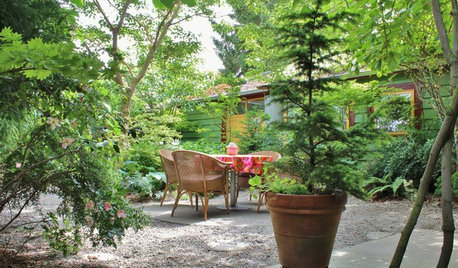
INSPIRING GARDENSFrom Concrete Lot to Gracious Organic Garden in Seattle
Plants, pests and even weeds have a place in this landscape, which offers an edible bounty and a feast for the eyes
Full Story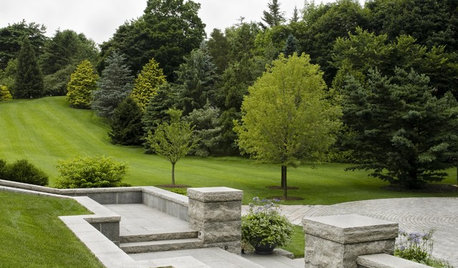
LIFEWhy We Want a House With a Great View
Research shows that just looking at nature has powerful mental benefits. Here's how to get a boost — with or without a million-dollar view
Full Story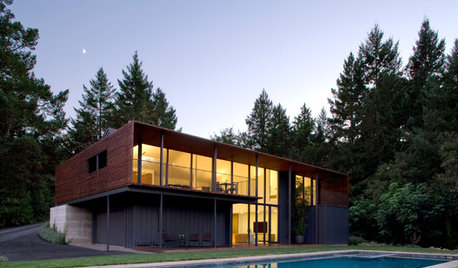
MODERN ARCHITECTUREHouzz Tour: 2 Modern Buildings on an Upscale Farm
Olive trees and acreage provide enviable views, but the architecture is a sight to behold too
Full Story
BATHROOM DESIGNDream Spaces: 14 Fabulous Indoor-Outdoor Bathrooms
Disappearing walls put these baths in Mother Nature’s lap, counting tranquil views and fresh air as the best luxuries of all
Full Story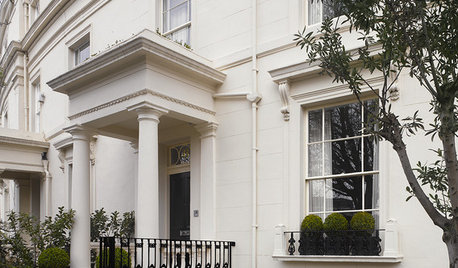
DECORATING GUIDESGeorgian-Inspired Elegance Lives on in Today's Homes
Classical design from a bygone era gives today's homes beautiful proportions, subtle color palettes and decorative architectural features
Full Story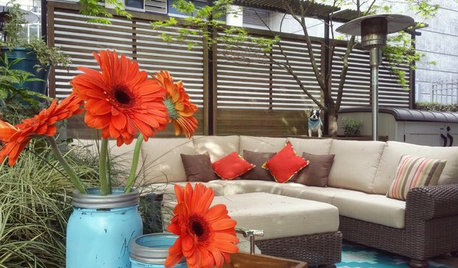
LANDSCAPE DESIGN10 Compact Decks, Patios and Porches for Making Memories
From Florida to Hawaii, Houzz readers show us how they capitalize on their petite outdoor spaces
Full Story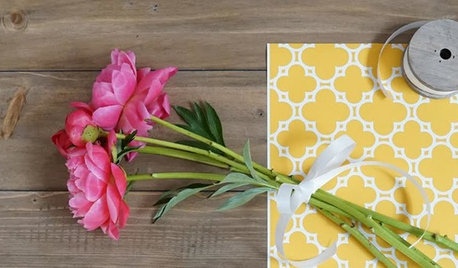
SHOP HOUZZHouzz Products: Great Gifts for Mom
Mother’s Day is May 11! Let Mom know how much she means to you with one of these terrific gifts from the Houzz Products section
Full Story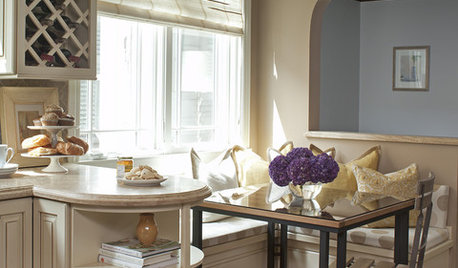
KITCHEN DESIGN12 Cozy Corner Banquettes for Kitchens Big and Small
Think about variations on this 1950s staple to create a casual dining spot in your home
Full Story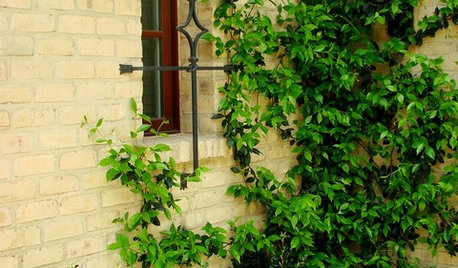
LIFEHow Your Landscaping Can Keep Burglars Away
Prevent home break-ins with strategic landscaping and good practices instead of menacing — and maybe less effective — measures
Full Story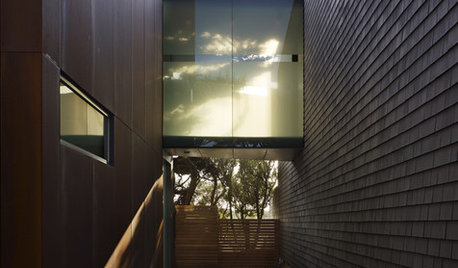
ARCHITECTUREDesign Workshop: The Many Highlights of Translucency
Evoke mystery, create interest, preserve privacy and more with translucent architectural elements inside and out
Full StoryMore Discussions







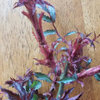

Kippy
roseblush1
Related Professionals
Reading Landscape Architects & Landscape Designers · Fillmore Landscape Architects & Landscape Designers · Severn Landscape Architects & Landscape Designers · Apollo Beach Landscape Contractors · Burien Landscape Contractors · Farmington Landscape Contractors · Golden Gate Landscape Contractors · La Verne Landscape Contractors · Maywood Landscape Contractors · Methuen Landscape Contractors · Newnan Landscape Contractors · Shoreview Landscape Contractors · South Lyon Landscape Contractors · York Landscape Contractors · Crowley Landscape ContractorsTNY78
Kippy
dublinbay z6 (KS)
marcindyOriginal Author
sensiblegardening
intris
gothiclibrarian
Tessiess, SoCal Inland, 9b, 1272' elev
nanadollZ7 SWIdaho
Kippy
harryshoe zone6 eastern Pennsylvania
marcindyOriginal Author
kittymoonbeam
marcindyOriginal Author
marcindyOriginal Author
nanadollZ7 SWIdaho